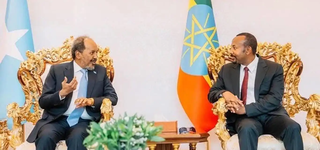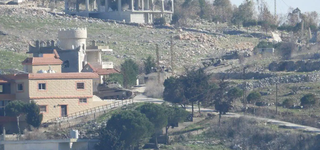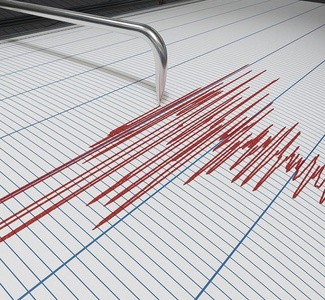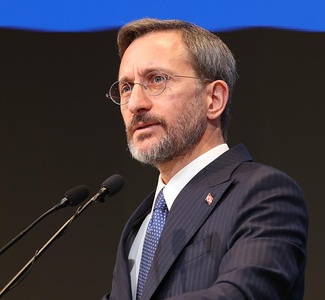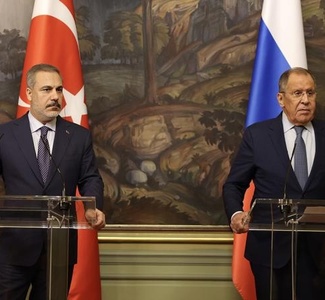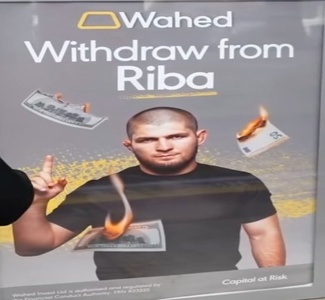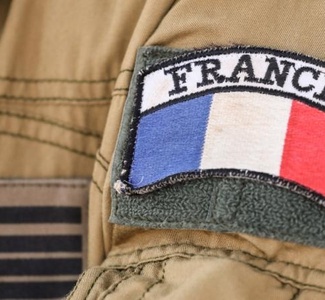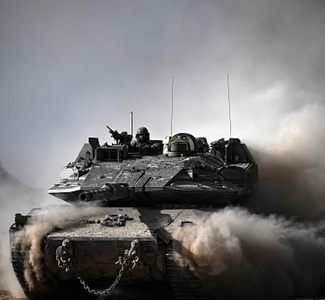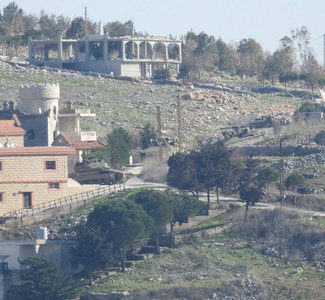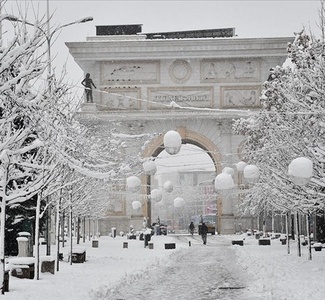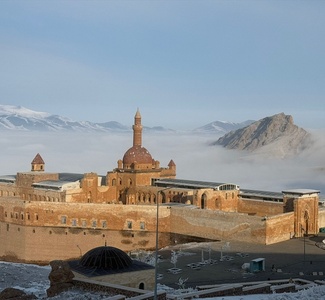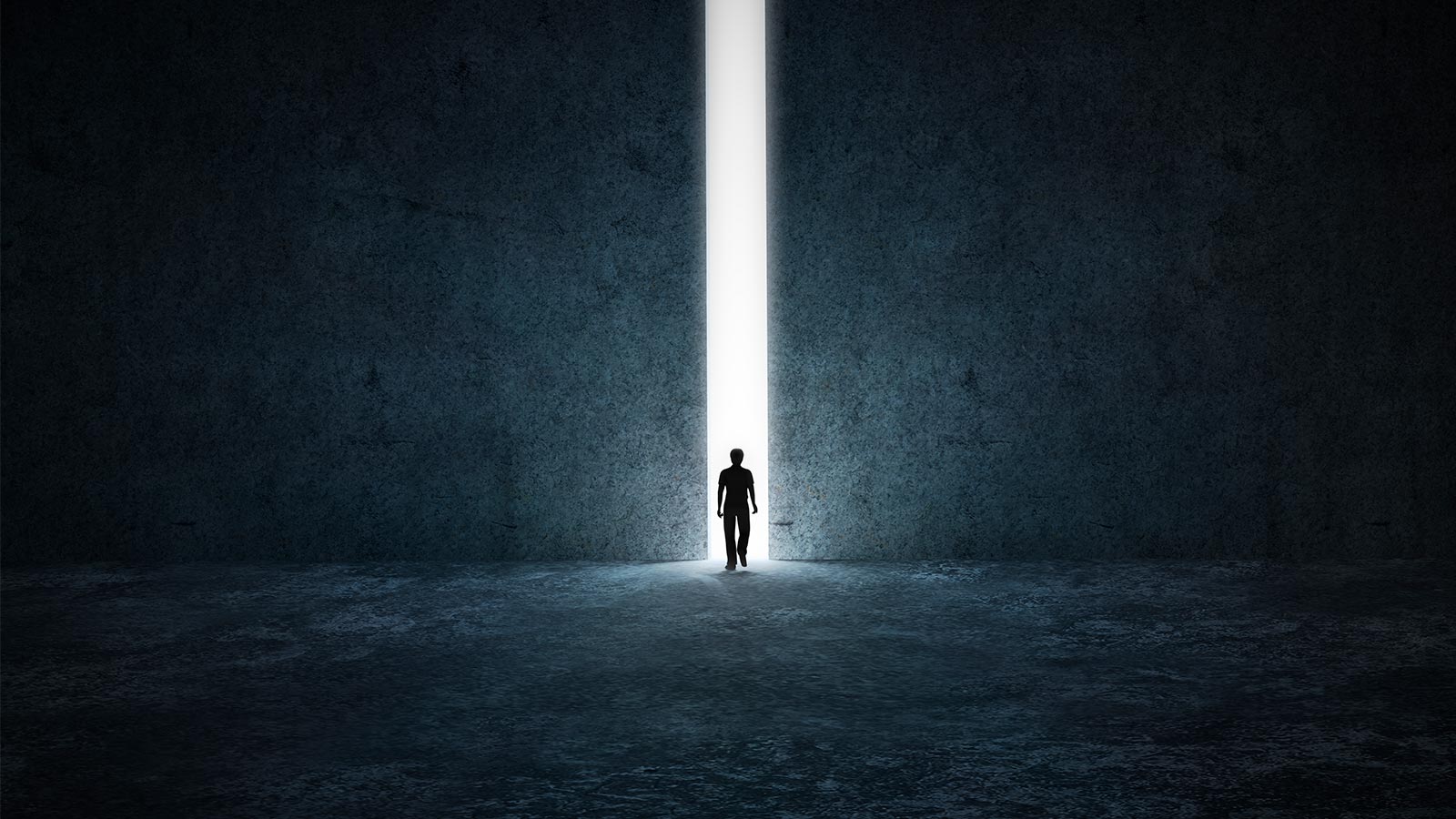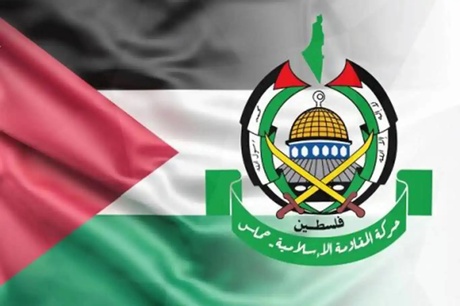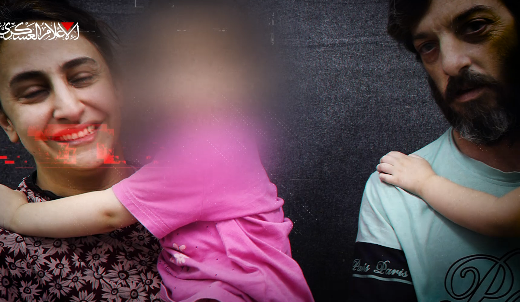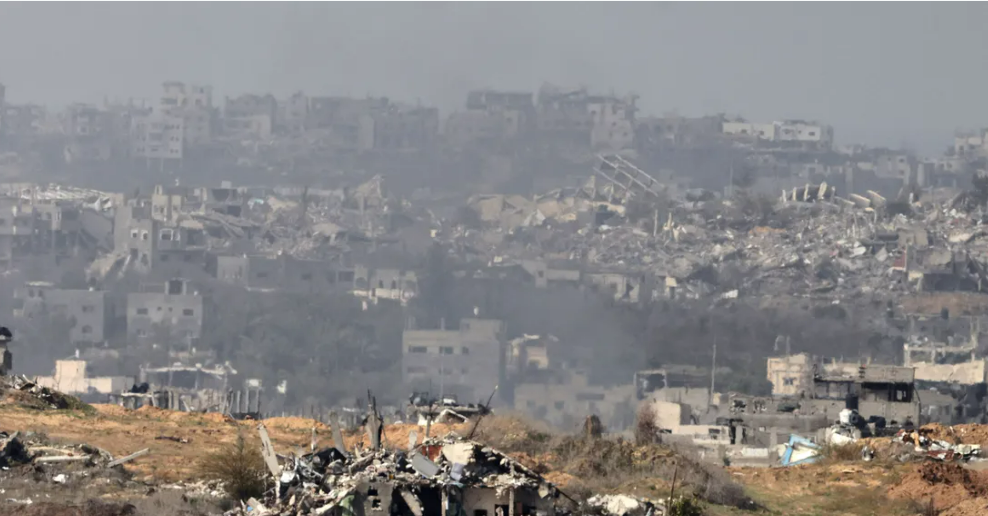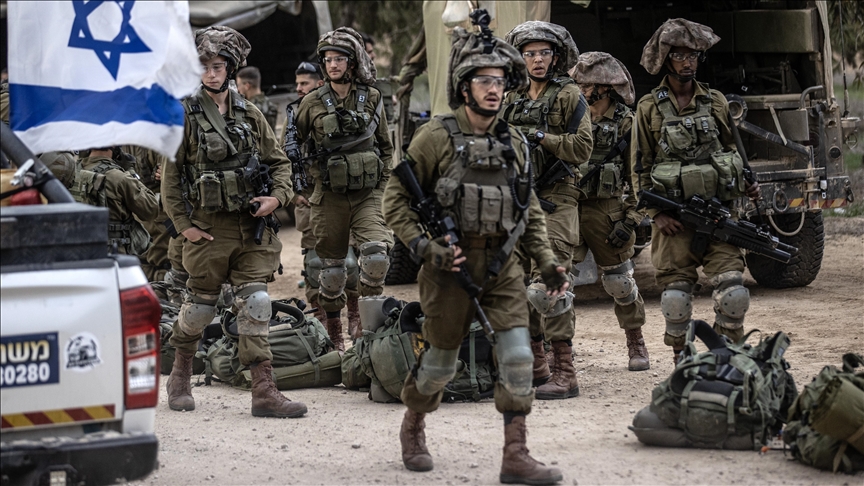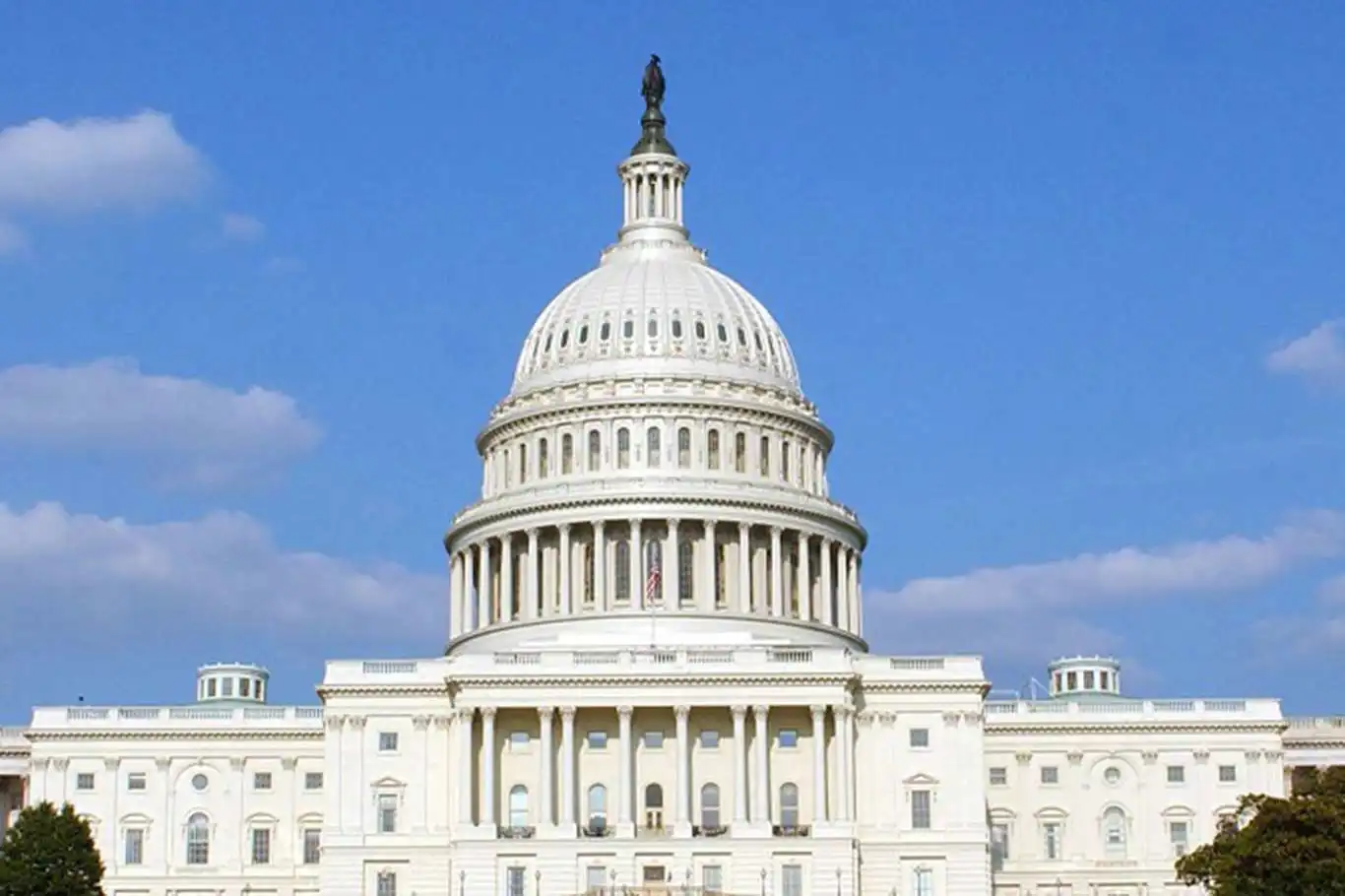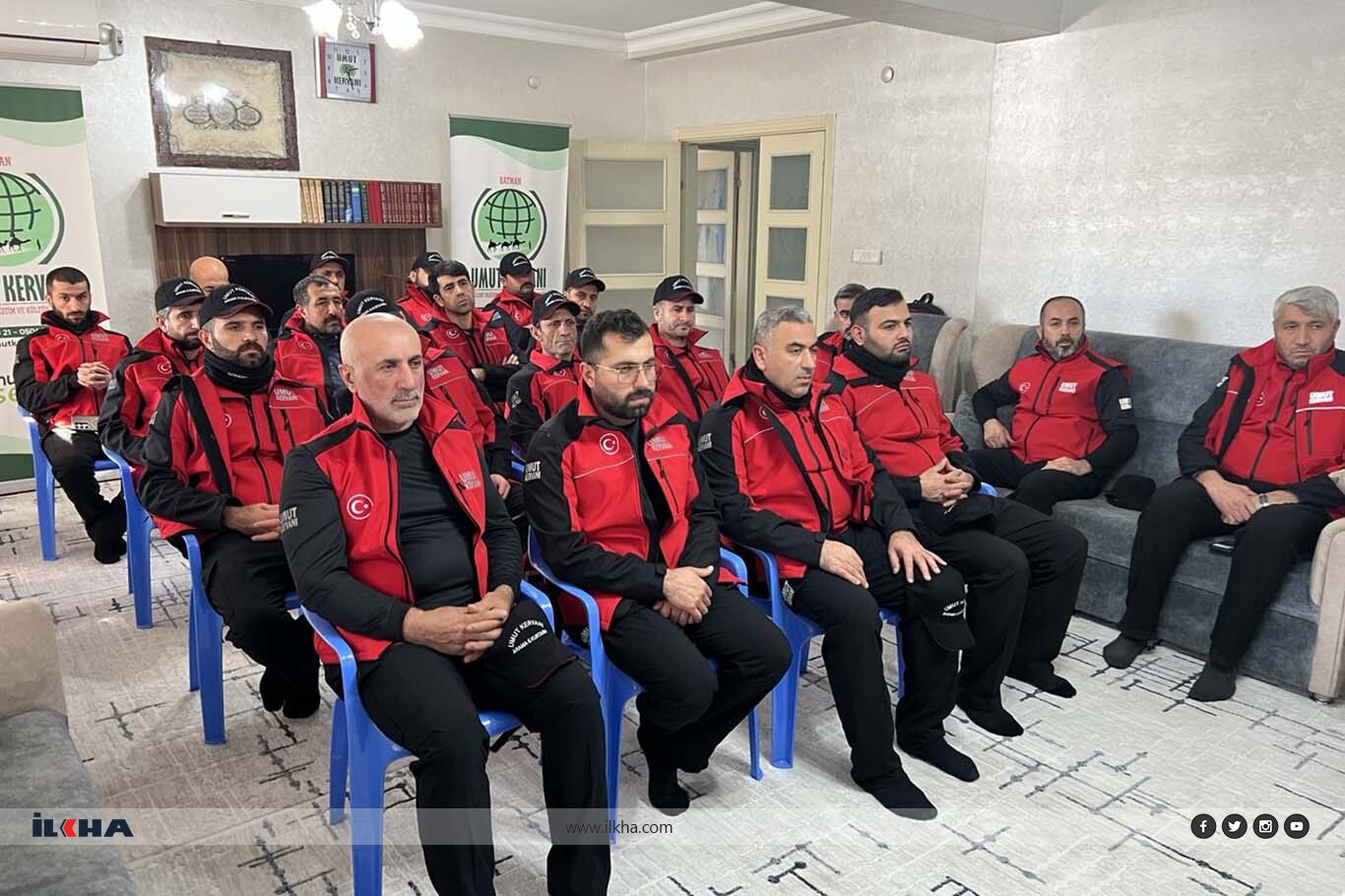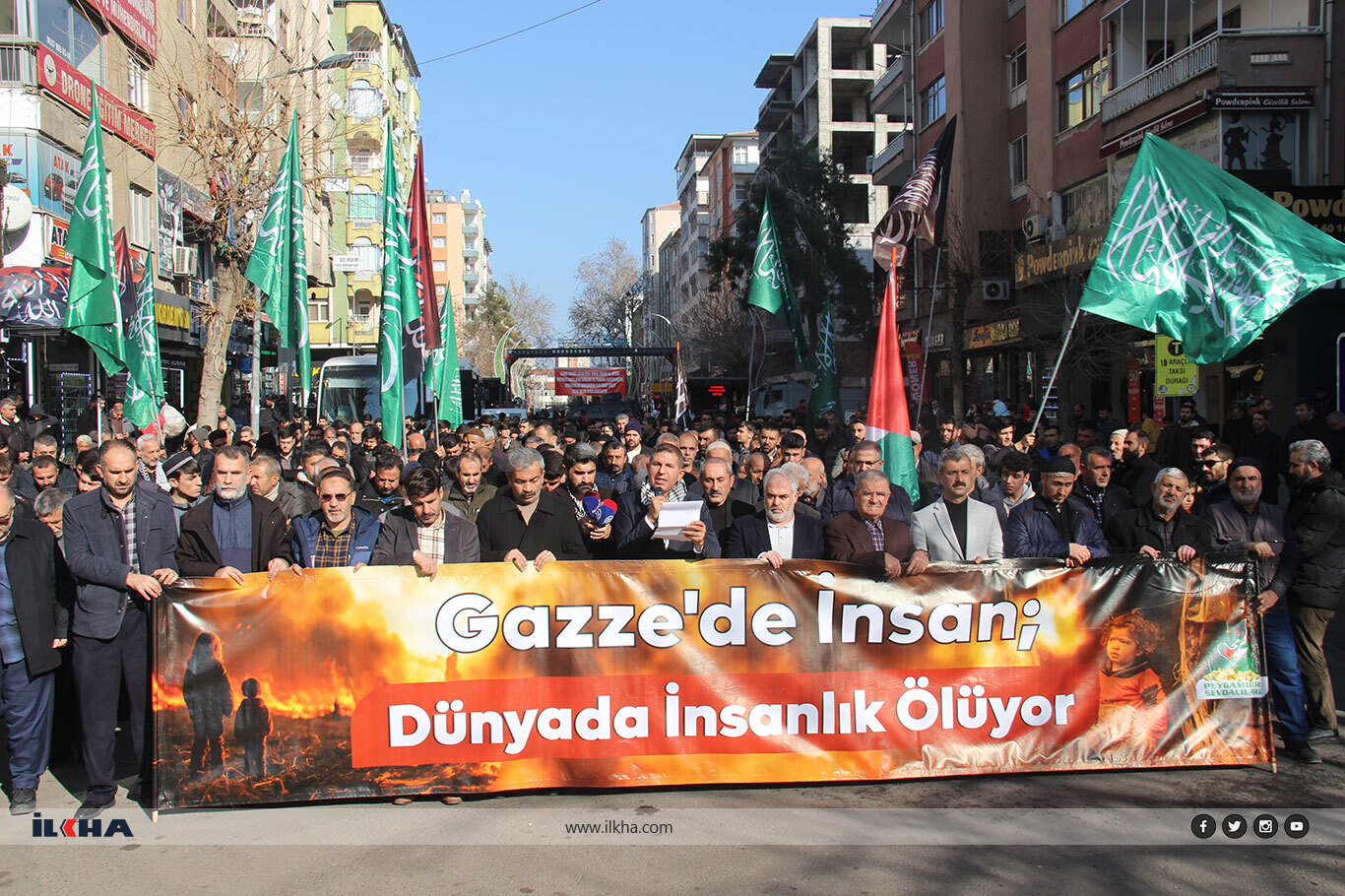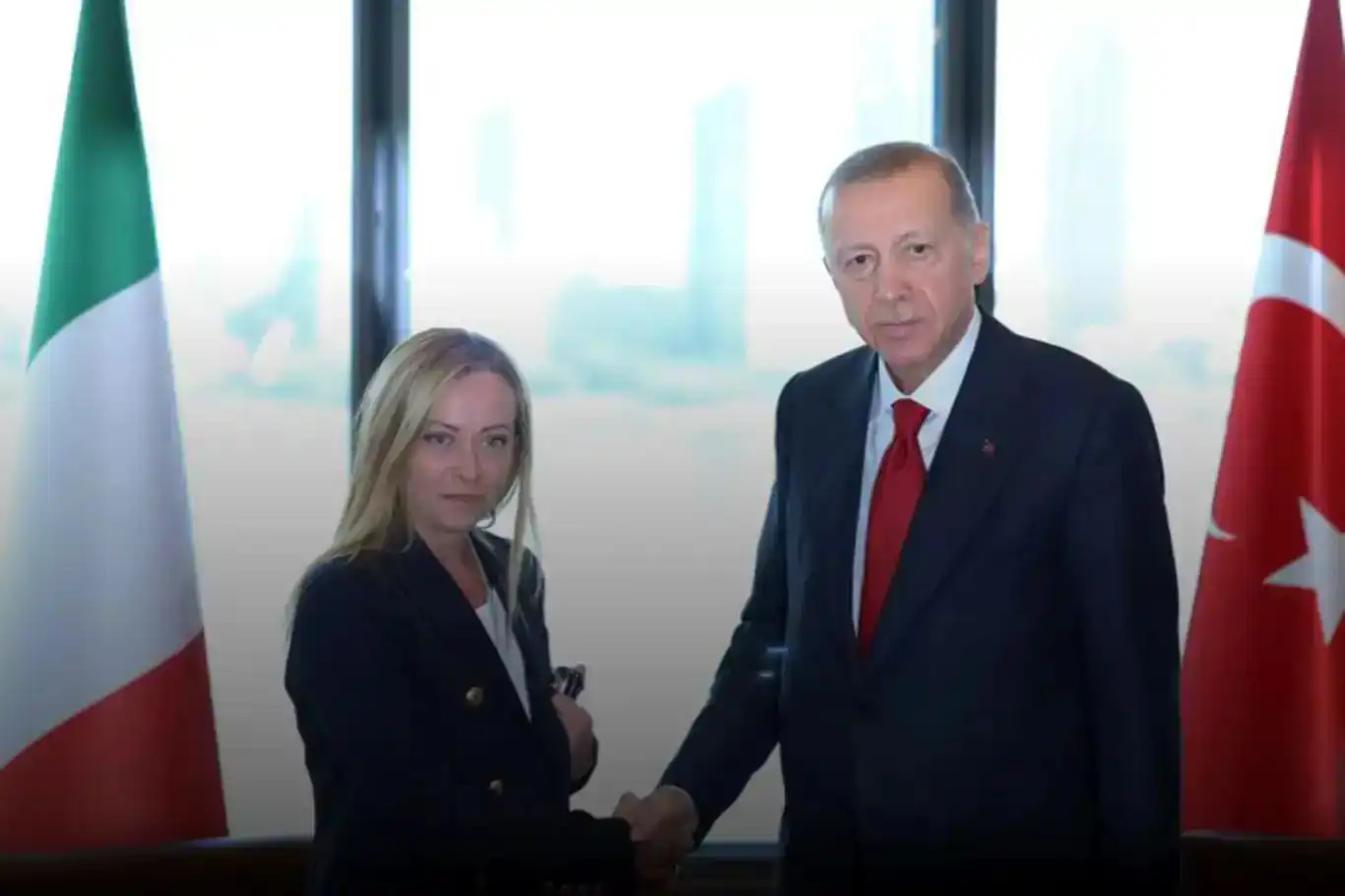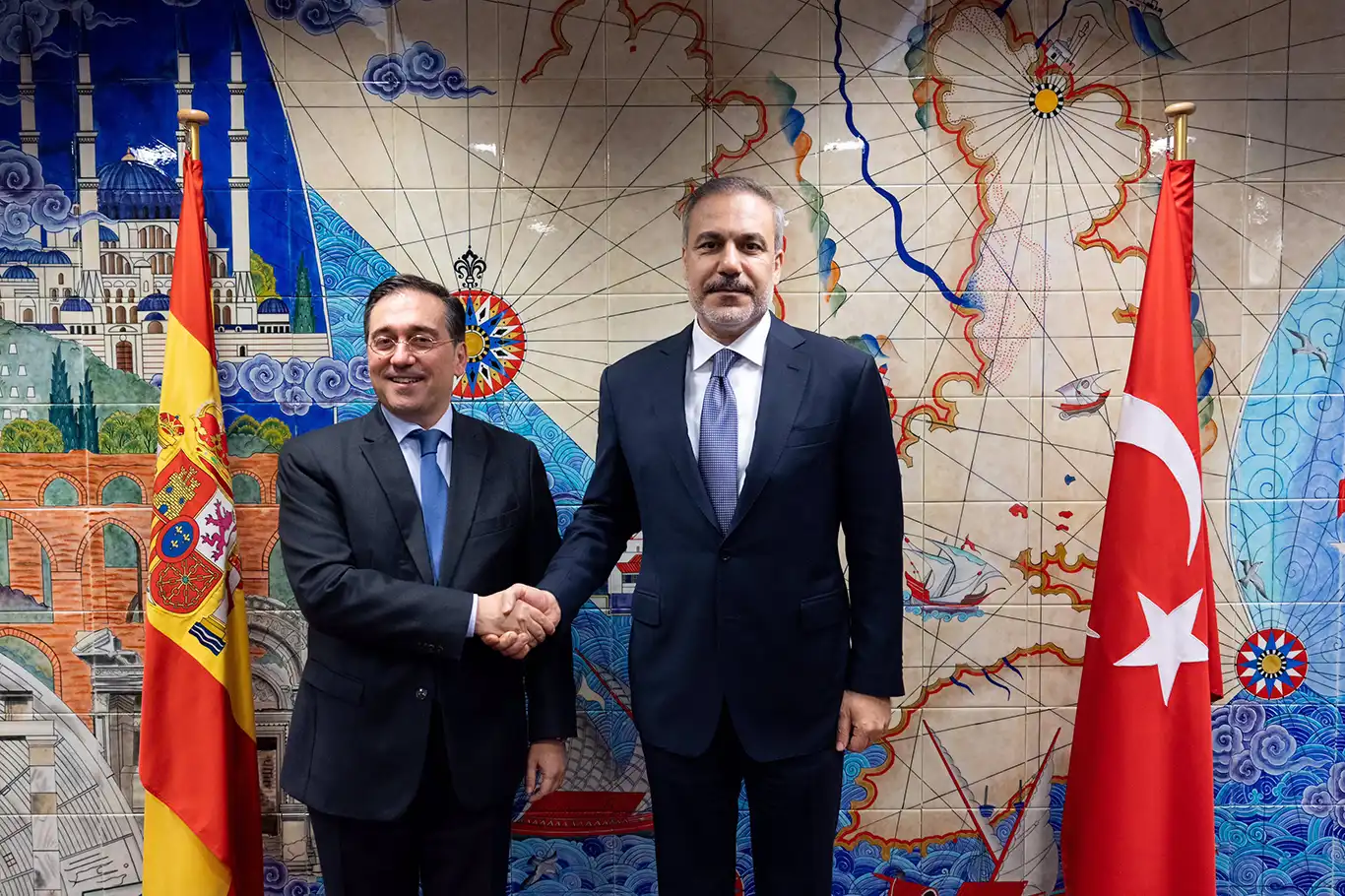Mosques attacks in Sri Lanka
Attacks on mosques continue in Sri Lanka following bombs exploded in some churches and hotels.

 Google News'te Doğruhaber'e abone olun.
Google News'te Doğruhaber'e abone olun. Mosques and Muslim-owned shops in Chilaw in Sri Lanka, a coastal city in the western part of the country, were attacked.
A group of people in the town of Chilaw, where the majority of the population was Christians, stoned mosques and Muslim-owned shops while one person was injured as a result of a debate that started Sunday on Facebook on the social media site.
Police detained a group of people whom they thought attacked mosques and Muslims' workplaces late Sunday night and Monday morning.
The Army spokesman announced that a curfew was announced during the night in order to control events in the region.
Some mosques and houses were damaged during the attacks. The Muslim Council of Sri Lanka has said that there has been a serious increase in attacks targeting Muslims, but it is not known how many people have been detained by the police.
The government put some temporary ban to access social media platforms after the attacks on some mosques and Muslim shops.
The use of all social media platforms within the borders of the country has been temporarily closed.
The ban on social media, Facebook and similar media was to prevent threatening messages was said in a statement.
Sri Lankan President Maithriala Sirisena announced earlier that niqab and burqa were also prohibited by regulations under the state of emergency.
The unrest was centered on three districts north of the capital, Colombo.
In the northwestern town of Kiniyama, hundreds of people stormed a mosque, destroying windows and doors and burning Qur'ans, according to witnesses.
The violence has prompted concern from the UN. The global body's special advisers on genocide prevention and the responsibility to protect called on the government to make clear "it will not tolerate the spread of prejudice and hate among groups within its population".
"Sri Lanka has a pluralistic society. To be a Sri Lankan is to be a Buddhist, to be Hindu, to be a Muslim, to be a Christian," the UN said. (ILKHA)






























